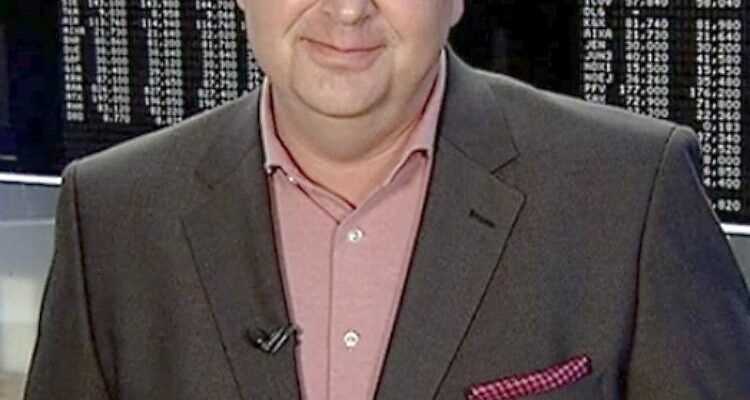Thursday December 30th 2021
Inflation is picking up pace
We are stuck in an interest rate disaster
From Frank Meyer
Interest has disappeared. So the basic problem of our time is that our money is good for spending – but no longer for saving. You can not have everything!
Children, how time flies! Another interest-free year is finally coming to an end. That already takes six years with the interest-free. When the ECB switched off the key interest rate on March 10, 2016, we were told it would be for our best. Yes it was our best. Anyone who thought at the time that this was only temporary was wrong. Interest died to stay dead.
At that time there was a brief outcry. Even when the first penalty interest appeared on credit balances, there was only brief murmur. In the meantime, penalty interest on bank balances is even considered good form. Normal. The “Hello!” at the bank counter also subject to a fee. But don’t worry, those counters in the banks are dying out too.
Interest and high debt go together like sunscreen and Christmas. In order to save the debtor countries from bankruptcy, the ECB canceled interest rates and bought debt securities with money out of nowhere. This also depresses the market interest rate and fires speculative bubbles. The stock market exploded and the real estate market looks overheated. Do you want to change that?
Those who have a lot get richer, those who have nothing get poorer. After asset price inflation, inflation is now eating deeper into the pockets of ordinary people. The concept of monetary stability is now only lip service. States, markets and the economy are as dependent on low interest rates as the drinker is on the bottle. When the euro was introduced 20 years ago, things were completely different.
The euro: more appearance than reality?
Twenty years ago at New Year’s, the euro was shoved into our wallets, along with many promises and good intentions. No country today feels bound by the Maastricht criteria. The debts are too high and those responsible are over and over again. The next step is to adapt the old contracts so that they fit in with the Schlendrian. The transfer union is a reality in which everyone is responsible for everyone’s debts. This is called breaking a word. What would the alternative be? Not nice!
The shopping basket on Fridays is now twice as expensive or half as full as it was back then. According to new figures, inflation in the euro zone was 4.9 percent and in this country 5.2 percent. If you had 1000 euros in your account or under your pillow at the beginning of the year, you are now missing 52 euros in purchasing power. You can call the police!
The savers have begun to understand that our money is going to rot by itself. Many keep their euros in security and exchange them for things that preserve purchasing power. Some buy real estate, others precious metals. More and more savers are also finding their way to the stock exchange. In September there were 504 billion euros in shares. The number of securities accounts grew to 27.1 million. This “share culture” arises from the need for a lack of interest, with shares being tangible assets, unlike gold, more or less perishable. To bet everything on the euro would be unwise. Those who spread widely get far.
The basic problem of our time is that our money is good for spending, but no longer for saving. It is sad that in this country the largest part of the old-age provision is in the yield-free government bonds. The rude awakening is announced when you don’t get what you want later, but what you deserve.
